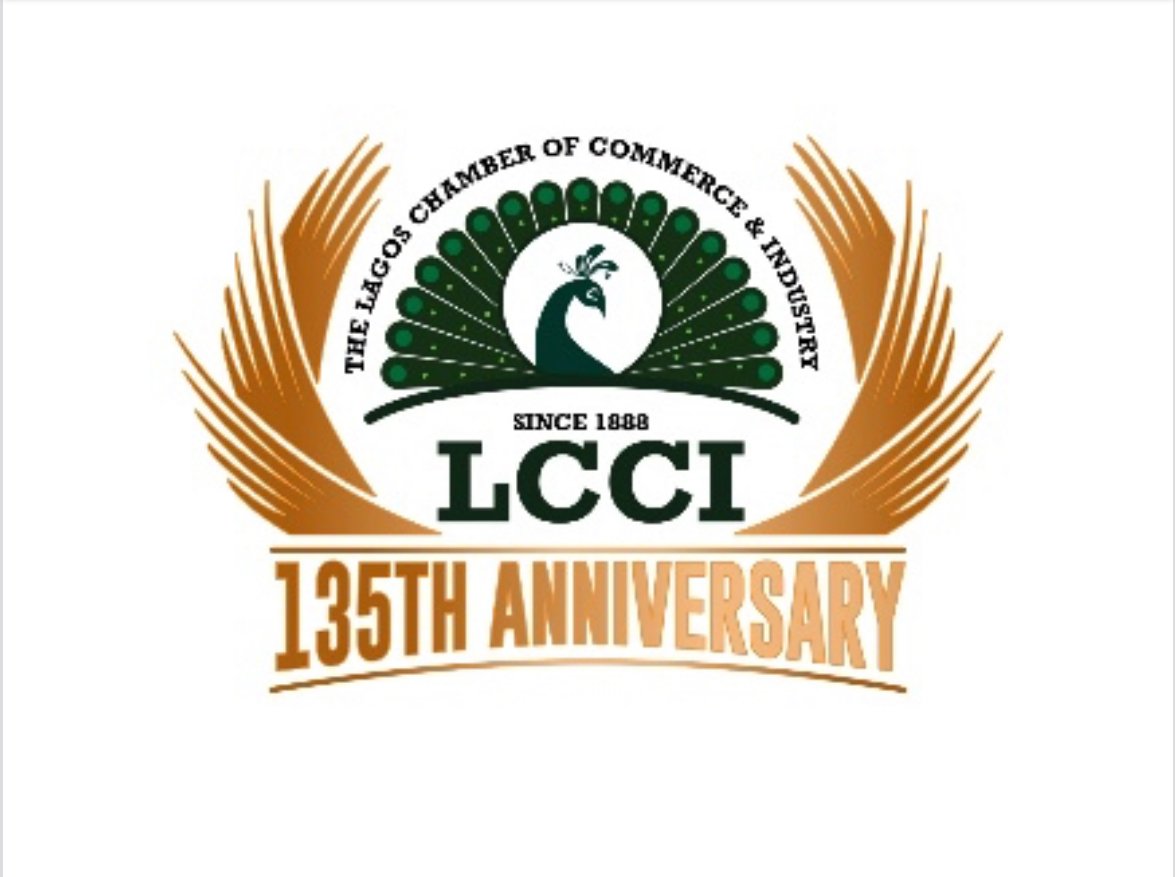Analysis of the GDP result showed that growth was primarily driven by the service sector at 4.42% and contributed 58.42% to aggregate GDP. The recession in the oil sector persisted with a higher contraction of –13.43% in the quarter compared to –4.21% in the previous quarter. The significant decline in the oil sector reflects suboptimal daily oil production due to a lack ofaccountability, oil theft, pipeline vandalism, underinvestment, and rising cost of production. The non-oil sector grew by 3.58%, a slight expansion of 0.81% points compared to 2.77% in Q1 2023 and lower by 1.19% points compared to Q2 2022. The top five sectors that contributed to growth are solid minerals (31.9%), finance & insurance (26.8%), utilities (11.0%), information and communication (8.6%), and construction (3.4%). In contrast, the slowest growing sectors are transport & storage (–50.6%), oil & gas (–13.4%), education (1.4%), agriculture (1.5%) and other services (1.7%). The growth recorded in the manufacturing sector remained low at 2.20%.
The Lagos Chamber of Commerce and Industry (LCCI) notes that the significant contraction recorded in transport & storage and the sub-optimal growth in manufacturing and trade largely reflect the deregulation of the downstream oil sector, exchange rate volatility, and weak consumer demand. The recovery in agriculture is significant, however, growth remained low and may be attributed to insecurity and policy gaps. We also note that high growth in solid minerals is insignificant, mainly due to the sector’s relatively small size.
The Chamber recommends that the government adopt more prudent fiscal policy measures to effectively manage inflation and address the issue of high–interest rate andexchange rate volatility. We commend the Federal Government’s declaration of a state of emergency on food security and urge them to prioritize farmers’ areas of assistance, fertilizers, and seeds to mitigate the effects of subsidy removal and create strategic food reserves to be used as price stabilization mechanisms.
DR CHINYERE ALMONA, FCA
DIRECTOR GENERAL
THE LAGOS CHAMBER OF COMMERCE AND INDUSTRY







